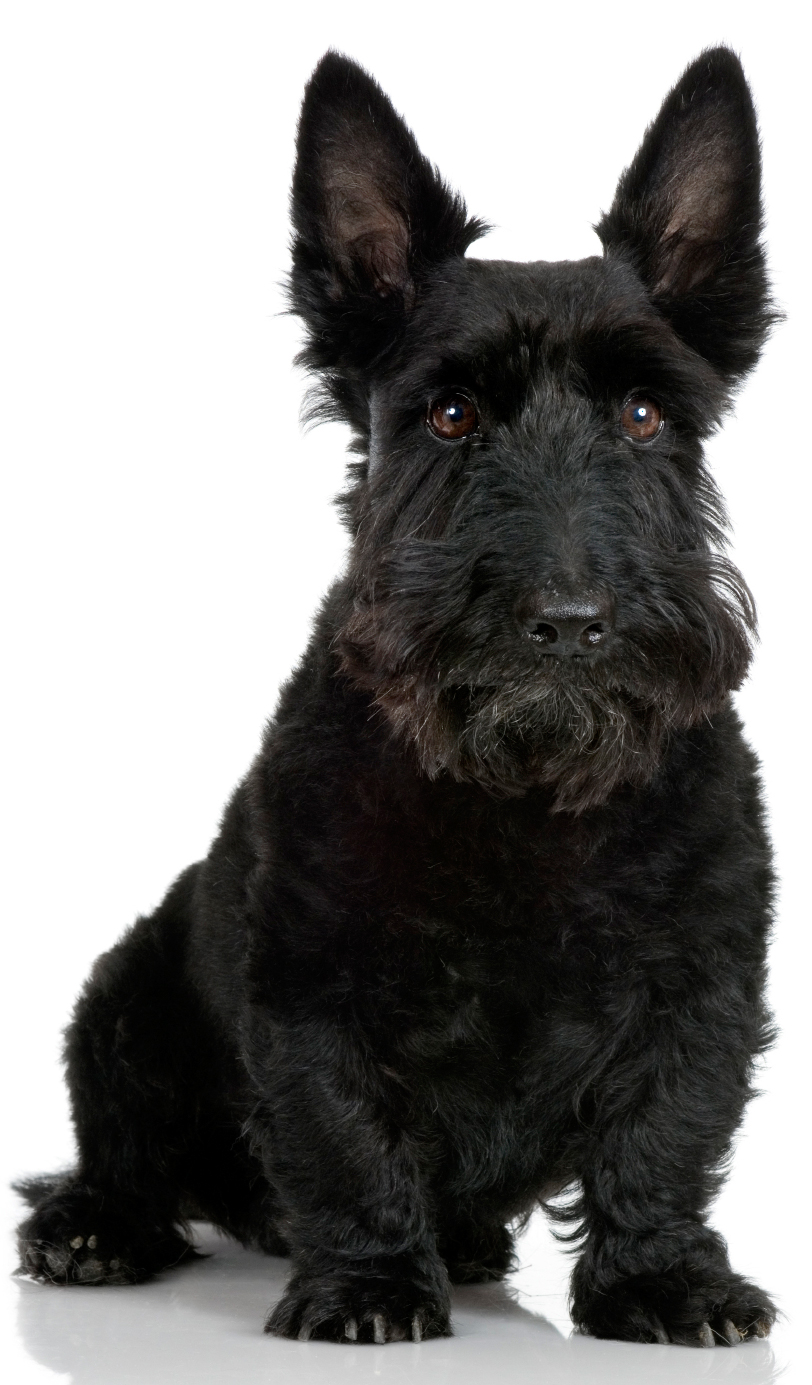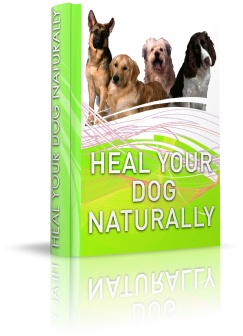ENVIRONMENTAL EFFECTS ON COMPULSIVE TAIL CHASING IN DOGS
April 27, 2013 by admin
Filed under Uncategorized
The following article was taken from Tiira K, Hakosalo O, Kareinen L, Thomas A, Hielm-Björkman A, et al. (2012). Environmental Effects on Compulsive Tail Chasing in Dogs. PLoS ONE 7(7):
“Obsessive Compulsive Disorder (OCD) is a neuropsychiatric disorder observed both in humans and animals. Examples of Canine Compulsive Disorder (CD) include excessive tail chasing (TC), light/shadow chasing and flank sucking.
We performed a questionnaire survey to investigate the characteristics of compulsive (TC) and its possible associations with environmental correlates and personality in a pet population of 368 dogs from four dog breeds. We observed an early onset of tail chasing at 3–6 months of age and a large variation in TC frequency in all breeds, with an overrepresentation of milder cases.
Almost half of the tail chasing dogs showed lowered responsiveness during bouts and displayed also other types of compulsions more often than the controls. Interestingly, dogs that received dietary supplements, especially vitamins and minerals, expressed less tail chasing compared to dogs that did not receive any supplements. Neutered females had less tail chasing, suggesting an influence of ovarian hormones on tail chasing. Tail chasers were shyer and had separated earlier from their mothers than the controls.
Finally, our genetic study did not find an association between tail chasing and CDH2, a locus previously associated with the canine flank sucking compulsion.
In conclusion, the early-onset and the variable nature of the repetitive behaviour, which is affected by environmental factors such as micronutrients, neutering and maternal care, share several similar components between canine and human compulsions and supports canine tail chasing as a model for human OCD”.
Reference: Tiira K, Hakosalo O, Kareinen L, Thomas A, Hielm-Björkman A, et al. (2012). Environmental Effects on Compulsive Tail Chasing in Dogs. PLoS ONE 7(7): e41684. doi:10.1371/journal.pone.0041684
Please consult a qualified animal naturopath for advice about nutritionally-balanced diets and naturopathic medicines for the treatment of animals.
Yours In Great Health,
Sar Rooney BHSc., DC., ND., DASc., GDSc. (Hons) Zoology, MHATO, MATMS
Naturopathic Practitioner, Researcher, Lecturer, Canine Naturopath
Science-Based Naturopathy for Canine Wellbeing
Canine naturopathic health care with a clinical focus on skin conditions, inflammatory bowel disorders, chronic infections, arthritis and disease prevention.
Helping dogs achieve optimal wellness with personalised, professional naturopathic health care and individually-prescribed high-quality herbal medicines and supplements
Naturopathic Animal Services W: www.animalnaturopath.com.au E: [email protected] FB: http://www.facebook.com/DogNaturopath
Appointments are available by email, phone & skype
Want to keep up to date on the latest in dog health? Join me on Facebook:http://www.facebook.com/DogNaturopath
Disclaimer: The information provided is not intended to replace any veterinary or medical advice or treatment.


